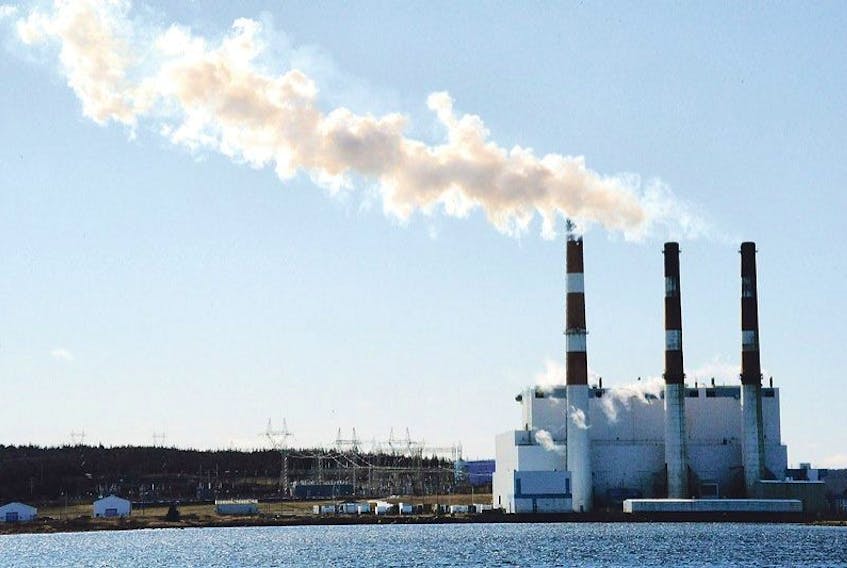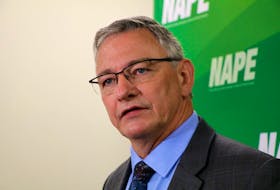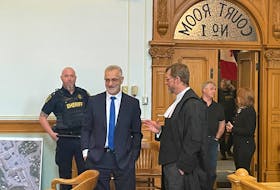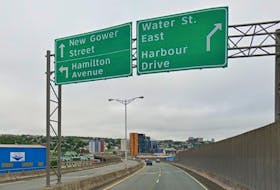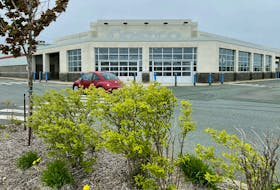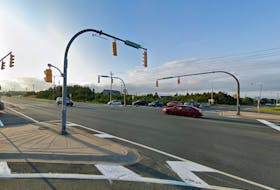Progressive Conservative critic Barry Petten was on his feet in the House of Assembly Wednesday talking about a provincial carbon tax. He said the topic will soon catch on with the public, especially as more details are made available.
“It’s another tax that’s going to affect each and every individual in this province. It’s not just the big emitters,” Petten said.
He was asked, in turn, to address only the private member’s motion at hand — a call by the NDP for an all-party committee on jobs.
Petten and the Progressive Conservatives are eager to debate a carbon tax, or any carbon pricing proposal, from the province. However, it has yet to be brought to the House, despite both the premier and then-Environment minister suggesting in late 2017 that more information could be expected in the spring.
As the Saltwire Network recently reported, the Conference Board of Canada expects the total cost of carbon pricing to the average Canadian household per year to be about $2,000 by 2025.
RELATED STORIES:
The cost of cutting carbon
Even strong climate change believers don’t get carbon pricing: survey
RELATED LINK:
Climate change branch, N.L. Municipal Affairs and Environment
On Tuesday, Municipal Affairs and Environment Minister Andrew Parsons was asked by reporters about the government’s exact carbon plans, how this province will address the cost of greenhouse gas emissions as demanded by the federal government and what it could entail for individuals.
“We all know that basically the deadline is September for this government to make a move on that. I know there have been some talks about having this done in spring and that’s still not out of the realm of possibility. That still may happen,” Parsons said. “The guiding principle for our department and for our government has been what’s in the best interest of the people.”
Parsons said the government wants to see, among other things, where a new government in Ontario will position itself — if it will propose any changes to its current carbon pricing.
“We’re certainly not going to be rushed into anything by an opposition asking questions,” he said.
“I get why they’re asking. They’re asking because people want to know and we’d love to put it out there, but right now we have to take everything into consideration and factor everything.”
At this point, the majority of Canadians already shoulder provincial carbon pricing, whether under a cap and trade system or via a carbon tax.
And while the Government of Newfoundland and Labrador’s plans are not yet before the people, the provincial budget is filled with financial considerations directly tied to carbon pricing. Related work continues behind the scenes within government departments.
Under Natural Resources and Nalcor Energy, there is a standing question of how much will have to be paid for the oil-burning power facility at Holyrood under a new carbon-pricing regime.
As of the end of last month, Finance Minister Tom Osborne said that remained under discussion with the federal government.
On transitional funding, there is a Low Carbon Economy Fund on the province’s books, to be a cost-shared fund with the federal government, falling under the Climate Change branch of the Department of Municipal Affairs and Environment.
The province has provided $300,000 just for salaries for administering the fund this year, with details still being settled.
The program is expected to offer tens of millions of dollars locally over four years for companies and individuals.
“We’re working right now to finalize the agreement with the federal government and we’ve got numerous proposals with them that would target various segments of the population or the economy to assist with transitioning to a lower carbon economy,” one official said in a post-budget House of Assembly committee meeting.
Under Transportation and Works, the Low Carbon Economy Leadership Program is also coming in, with $100,000 for administration of that program.
It is expected to handle applications for upgrades for improved energy efficiency for buildings — specifically not buildings in the Transportation and Works portfolio.
“It’ll be building renos,” Transportation and Works Minister Steve Crocker said in a separate budget-related meeting.

